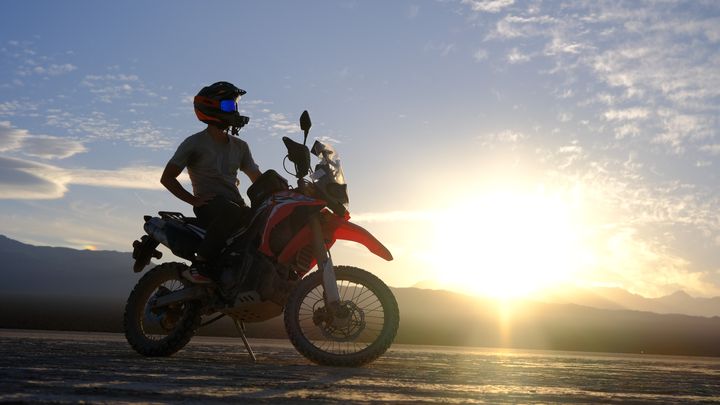
Support Indigenous communities and conservation
Tax deductible
Friends! For the past year and several months, I've been riding a motorcycle through Latin America. I've covered nearly 30,000 miles as I've slowly made my way south from the USA to Ushuaia, the southernmost city on earth. I've seen and done a lot, and as crazy as it feels as I write this, I'm nearly finished with my journey.
One of the most striking things I've witnessed over and over again in my journey has been the rampant environmental devastation in the tropical forests of Latin America. In many places only small fragments of the original forests remain, the last refuges of virgin forest constantly submitted to the erosional forces of ranching and other opportunistic land grabbing. In many places the last line of defense against the constant encroachment of deforestation are the indigenous communities that call these forests home.
In Nicaragua I rode to the far North East of the country through an endless patchwork of cattle pastures to reach the Bosawas Biosphere Reserve, the largest protected rainforest reserve in the world after the Amazon. In the second story of a small wooden house in Bonanza, Nicaragua, I met with the leadership of a Mayangna community there in the hopes of gaining approval to enter their land. I was one of the few foreign travelers that seek to enter the reserve each year, and to my surprise they politely told me that it wasn't a good time to visit. There had been a violent land dispute between the colonos and members of their community a week before I had arrived, and tensions in the local population were high. The leader showed me a police report he was writing on his computer detailing the incident. In the report there was a photo of a beautiful forest stream, the white sand banks fringed with the deep green foliage. Partially submerged in the water was the body of a young man, face down, his body riddled with bullet wounds. The leader said that four other young men had been killed in similar fashion.
This is a small fragment of the ongoing human cost in these environmental conflict zones. Indigenous communities are often the most directly affected by the pressures of industry on these forests, and given the typically scarce resources they have at their command, they struggle to effectively defend their land and themselves. This is where I think the Amazon Watch organization has some good ideas. Rather than only working through policy and media exposure, they work directly to empower indigenous communities with the tools and money they need to resist encroachment. Amazon Watch allocates the largest portion of their funding towards direct grants to indigenous communities, assisting with legal costs, travel expenses, and other critical logistical needs, empowering indigenous peoples to maintain their resistance. To quote Leila Salazar-López, the director of Amazon Watch, "to protect and defend the Amazon and our global climate, we must act in solidarity with Indigenous peoples, for they are the best stewards of the Amazon and global biodiversity."
I would be so honored if you’d join me in celebrating the completion of a journey of a lifetime by donating to a good cause.
Organizer
Guy Giesa-Wilson
Organizer
Renton, WA
Amazon Watch
Beneficiary